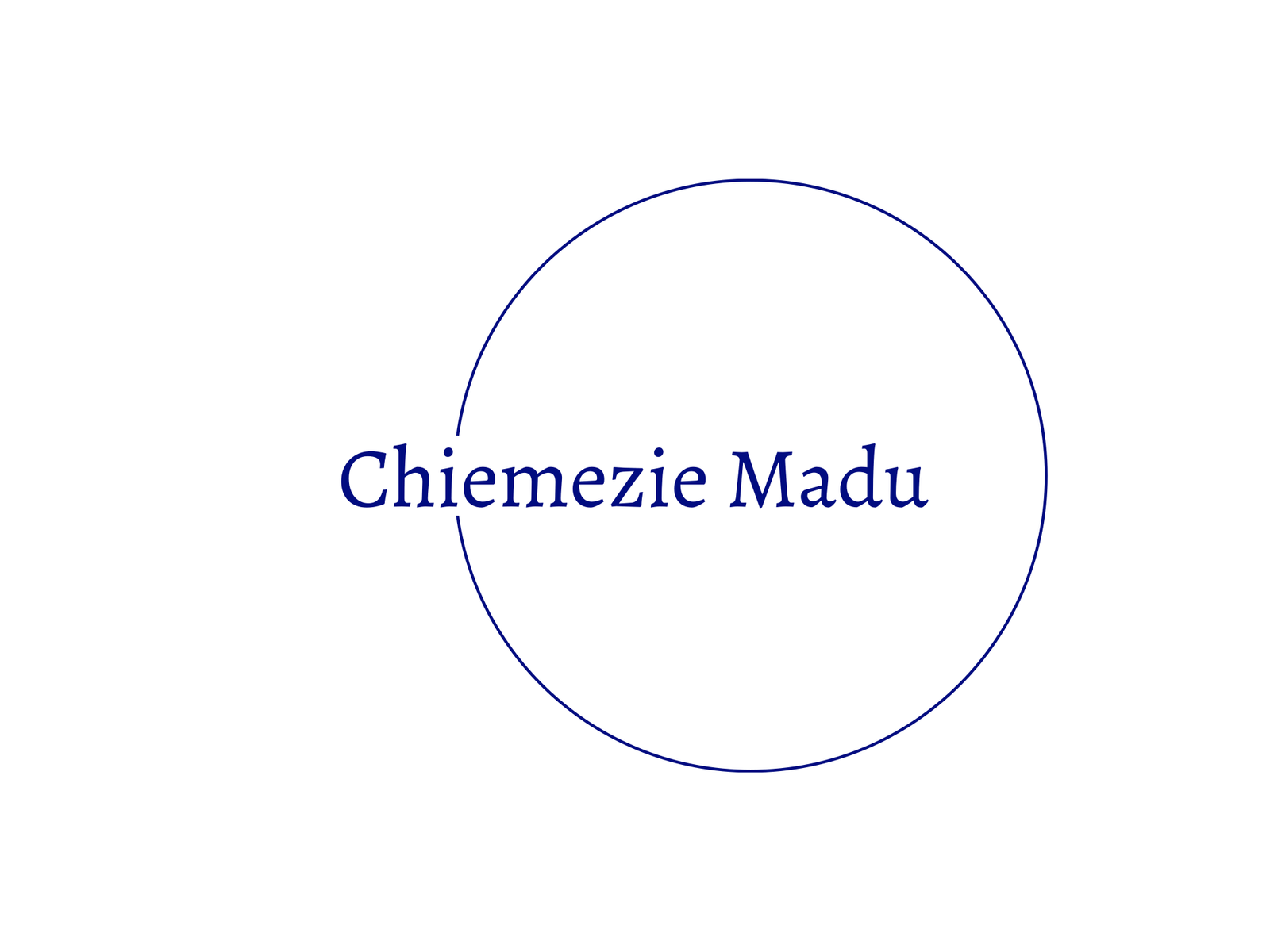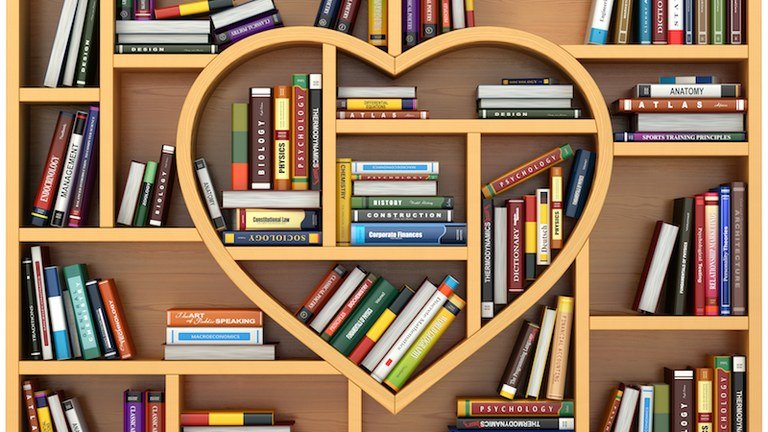2023 was my fourth consecutive year of ‘aiming’ to read one book each month. I started in March 2020; so far so good. I wrote a similar article last year summarizing the books I read the previous year (The books I read in 2022). Here’s a summary of the books I read in 2023.
1. The Accidental Public Servant by Nasir El Rufai.

El Rufai, former governor of Kaduna state and former minister of the Federal Capital Territory, is arguably Nigeria’s most controversial politician. In this book he writes a biography of himself; from his birth and early years, to his entry into politics culminating in his role in the formation of the All Progressives Congress (APC), Nigeria’s ruling political party. The bulk of the book focuses on his time as the Minister of the Federal Capital Territory and the controversies that characterized it. While overlooking the sanctimoniousness in which he portrays himself in the book, I would recommend it for anyone interested in Nigerian politics. I’d earlier written a short review of the book here The Accidental Public Servant by Nasir Ahmad El-Rufai: a book review.
2. When the Body Says No by Gabor Mate.

Gabor Mate is a Canadian physician with special interest in childhood development, trauma, stress and addiction. Most of his life’s work centers around establishing a link between illness later in life with stress and trauma encountered in childhood. This was exactly what he tried to do in this book without providing any scientific evidence. I strongly disagree with him. Most of his theory is unfounded and not backed by science. He does not write from a research point of view, but rather passes off anecdotal experience encountered in his practice as factual.
3. No Future without Forgiveness by Desmond Tutu.

The renowned Archbishop Desmond Tutu was appointed by the late President Mandela to chair a peace and reconciliation committee at the end of apartheid. In this book he writes about his experience as the chairman of this committee citing real accounts of survivors and victims of apartheid.
4. Advice on Dying and Living a Better Life by Dalai Lama.

Written by the supreme leader of the Buddha religion, the book, explanatory from the title, gives advices on how to live (and die) well.
5. Kleptopia by Tom Burgis.

I’d read an interesting book by Tom Burgis in 2022 on how Africa’s wealth was being plundered, The Looting Machine, and I decided to read another of his works in 2023. Kleptopia exposes global corruption; political, financial and moral, with a heavy focus on Kazakhstan.
6. Introduction to the Devout Life by St. Francis de Sales.

Written in ancient and simple English, this book makes a very good read for spiritual formation and I highly recommend it.
7. Beyond Good Intentions by Juan Luis Lorda.

In this book, Rev. Juan Lorda shows that Christian morality is more than a list of do’s and don’ts but can in fact be summarized as ‘the art of living’. It guides Christians on how to live so that their actions are consistent with their inner convictions.
8. Dear Ijeawele by Chimamanda Ngozi Adichie.

In this book, Chimamanda a fierce feminist, advises a friend on how to raise her daughter in a ‘world dominated by men’. While I agree with some of her suggestions/advises (which are common sense such as raising a girl to be independent), I disagree with others which I find extreme (such as refusing to take her husband’s surname in marriage).
9. Notes on Grief by Chimamanda Ngozi Adichie.

Here Chimamanda writes about the loss of her father, Professor J. N. Adichie (Nigeria’s first professor of statistics), who she was very fond of and how she navigated the rough path of grief.
10. We should all be Feminists by Chimamanda Ngozi Adichie.

This book raises the awareness of all and sundry to the subtle inequalities and injustices faced by women in our society. She (the author) believes that it is by first acknowledging the existence of these inequalities, that a leveling change can be possible. The keyword here is subtle and after reading the book I became more conscious of hitherto ‘normal’ or seemingly innocuous actions around me which I would not have perceived as sexist earlier on. An example is the hostility women face (from staff) when they go to restaurants or hotels unaccompanied. An interesting and thought-provoking read.
** (8), (9) and (10) are small books of less than a 100 pages each. I read all three in one weekend. They are good reads for a lazy weekend or a long train trip or flight.
11. The Way of Perfection by St. Theresa of Avila.

This book was originally written for the nuns of the order founded by St. Theresa. She gives advice and guidance on how to pray and live a life of meditation.
12. With the End in Mind by Kathryn Mannix.

Undoubtedly my book of the year. Dr. Mannix is a renowned palliative care consultant and in this best seller she writes about her experience dealing with dying patients and their families. The book is as touching as it is educative. It definitely shaped my practice especially on breaking bad news and having end-of-life discussions with patients and their relatives. It is a must-read particularly for medical professionals who have to deal with these issues in real life.
13. Stepping on Toes by Hadiza Bala Usman.

Hadiza Bala Usman, former Managing Director of the Nigerian Ports Authority (NPA) under President Buhari and the current Special Adviser to President Tinubu on Policy and Strategy, writes about her ascendance to the helm of the NPA and her eventual falling-out (and subsequent sacking) with her boss, the then minister of Transport Rotimi Amaechi who coincidentally recommended her for the job.
14. Arrow of God by Chinua Achebe.

My only fiction novel for the year and the third of the Things Fall Apart trilogy, Arrow of God is the story of Ezeulu, the chief priest who held his people to ransom as a way of avenging the humiliation the ‘white man’ caused him.
15. False Alarm by Bjorn Lomborg.

False alarm debunks the ruckus caused by climate change campaigners. The author argues that there is great exaggeration of the concept of climate change and its consequences and that proposed approaches to curb climate change so far are impracticable and ineffectual. He ends by proffering suggestions on feasible solutions to climate change.
What books did you read in 2023?


Gabor Mate sha don collect your stray bullet 😀
Nice compilation and summary. Let’s do more this year
Interesting selection of books and fitting summaries…
What informed your selection of these books?
I expected at least one or two books on philosophy or political thought.
Not sure about this statement….
“Written by the supreme leader of the Buddha religion”…
He leads “Tibetan Buddhism” which is a relatively small section of Buddhism.
This is amazing man, still keeping your very embedded skill for insatiable curiosity for more knowledge. I will try to inclucate this into my own day to day life. Keep it up man.
Now, I have to look out for with the end in mind to add to my list for 2024.
You should. It’s a really good book